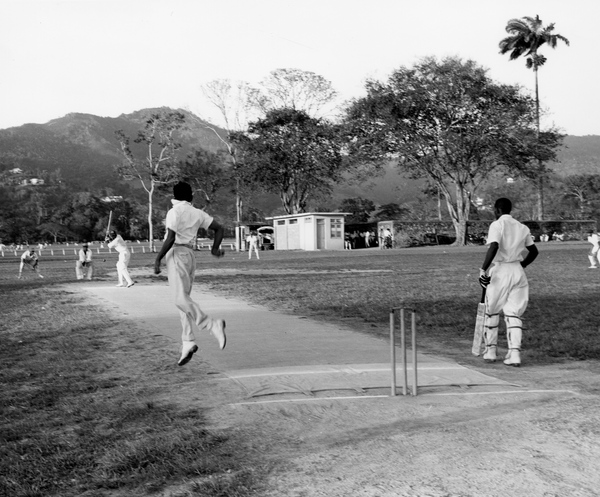
Originating in 16th century medieval England, cricket is believed to have been first played by children in the Weald, an area of dense woodlands and clearings in south-east England. However, the sport gradually evolved, with the first recorded match taking place in the 17th century. By the 18th century, it had become England’s national sport.
The popularity of cricket in the Caribbean can be attributed to the British colonization of the region. When the British brought the game to the islands in the 18th and 19th centuries, it was first played primarily by the British settlers and the local elite, but over time, it spread to the wider population as it offered a platform for socializing and community bonding. Eventually schools and clubs set up by the British promoted the game, and it became a part of the educational and social fabric of the islands.
Enslaved and indentured servants often worked closely with the British plantation owners, and this proximity allowed them to observe the game and, in some instances, participate informally during leisure times. Over time, enslaved people began to play in their own communities. They improvised with available materials, creating makeshift equipment to play the game. Initially, their involvement might have been limited to informal, localized games, but it gradually became more organized.
Years later, cricket provided the diaspora a means to compete on the international stage, fostering a sense of national pride and unity. Specifically, pride for beating their oppressors played a significant role in this sentiment.
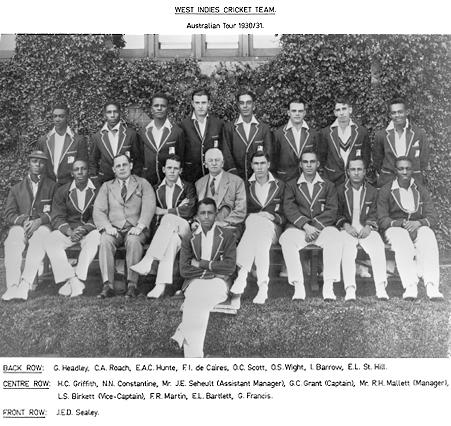
A photograph of the West Indies Cricket Team which toured Australia in 1930/31. The photograph includes the players and the Manager and Assistant Manager.
Photo Credit: Unidentified photographer, public domain, via Wikimedia Commons
The Caribbean has produced some of the greatest cricketers in history, such as Sir Garfield Sobers, Sir Vivian Richards, Brian Lara and Curtly Ambrose. Notably, the West Indies team was the best in the world between the 1970s and 1990s, and although their success has dwindled, the diaspora still holds this period close to its heart and clings to the glory of this success.
Additionally, the success of teams from former indentured servant populations, like India and Pakistan, who are now among the best in the world, resonates with the Caribbean’s own history of indentured servitude and colonial oppression. This shared history and success further embed cricket into the cultural and emotional landscape of the islands.
Here are 20 mind-blowing facts about Caribbean cricket, highlighting the colorful and exciting nature of the sport in this region:
1.The First Cricket Match in the Caribbean Was in 1806
It is said that the first recorded cricket match in the Caribbean was played in St. Anne’s Garrison, Barbados, in 1806. This match marked the beginning of the region’s long and storied cricket tradition, which has since become a significant part of Caribbean culture.
2. The West Indies Cricket Team is a Unique Coalition
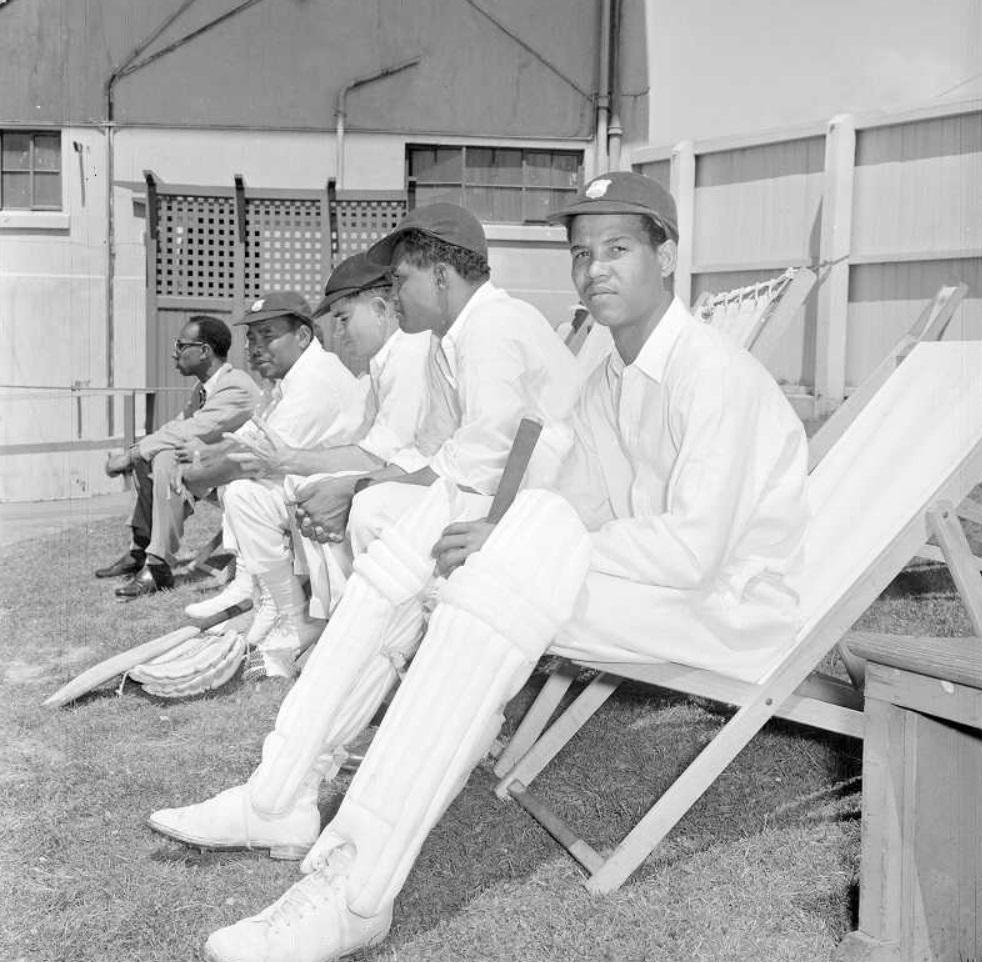
Photo Credit: Unidentified photographer, public domain, via Wikimedia Commons
The West Indies cricket team, representing multiple Caribbean nations, played its first Test match in 1928 against England. This team is unique as it represents a coalition of countries rather than a single nation, embodying the spirit of Caribbean unity.
3. Barbados’ Sir Garfield Sobers is the Greatest All-rounder of All Time
Sir Garfield Sobers, born in Barbados, is widely regarded as the greatest all-rounder in cricket history. He was the first player to hit six sixes in a single over in first-class cricket in 1968 and had an unparalleled ability to excel in batting, bowling and fielding.
4. The Windies Team Was a Dominant Force in the 1970s and 1980s
The West Indies cricket team dominated world cricket during the late 1970s and 1980s. Under the leadership of Clive Lloyd and later Sir Vivian Richards, the team remained unbeaten in Test series for 15 years.
5. Guyana’s Clive Lloyd Led the Victorious Era
Clive Lloyd, from Guyana, captained the West Indies team during their golden era. His strategic acumen and inspirational leadership were pivotal in establishing the team as the best in the world during the 1970s and 1980s.
6. Trinidad and Tobago’s Brian Lara Holds Records in Test and First Class Cricket
Brian Lara, one of the greatest batsmen from Trinidad and Tobago, holds the record for the highest individual score in Test cricket (400 not out) and first-class cricket (501 not out). His extraordinary talent and ability to play long innings have made him a legend.
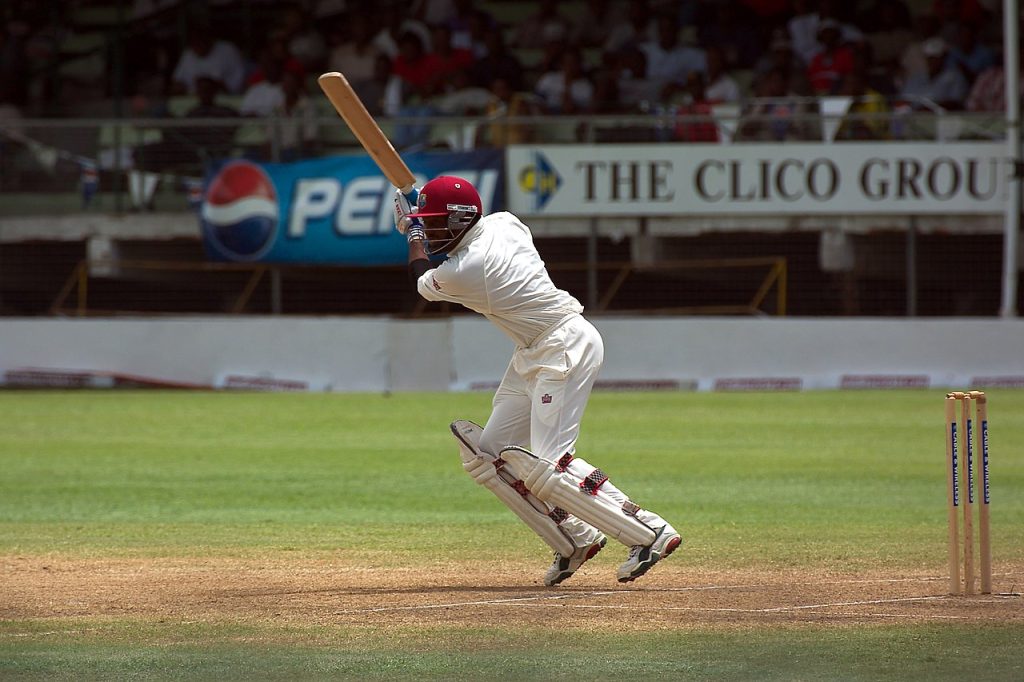
Photo Credit: Ukexpat, CC BY-SA 3.0, via Wikimedia Commons
7. The Caribbean Premier League is World Renown
The Caribbean Premier League (CPL), launched in 2013, has become one of the most popular T20 leagues in the world. The CPL showcases local and international talent, bringing high-energy cricket entertainment to fans globally.
8. T&T’s Dwayne Bravo Has Enviable All-Round Brilliance
Dwayne Bravo, from Trinidad and Tobago, is known for his all-round abilities in limited-overs cricket. He has been a key player in various T20 leagues around the world and is celebrated for his entertaining batting, deceptive bowling and charismatic personality.
9. Antigua’s Sir Vivian Richards Had a Lunch Time Century
Sir Vivian Richards, from Antigua and Barbuda, was known for his aggressive and fearless batting style. He remains one of the few players to have scored a century before lunch on the first day of a Test match, beaten by Brendon McCullum in 2016.
10. There’s a Vibrant Legacy of Fast Bowling
The West Indies have produced some of the greatest fast bowlers in cricket history, including Malcolm Marshall, Michael Holding, Joel Garner and Andy Roberts. Their fearsome pace attacks dominated opposition batsmen for decades.
11. Jamaica’s Chris Gayle Holds Two T20 Records
Chris Gayle, from Jamaica, is known as the “Universe Boss” in T20 cricket. He has set numerous records, including the fastest century in T20 cricket (30 balls) and the most sixes in T20 history, making him a fan favorite worldwide.
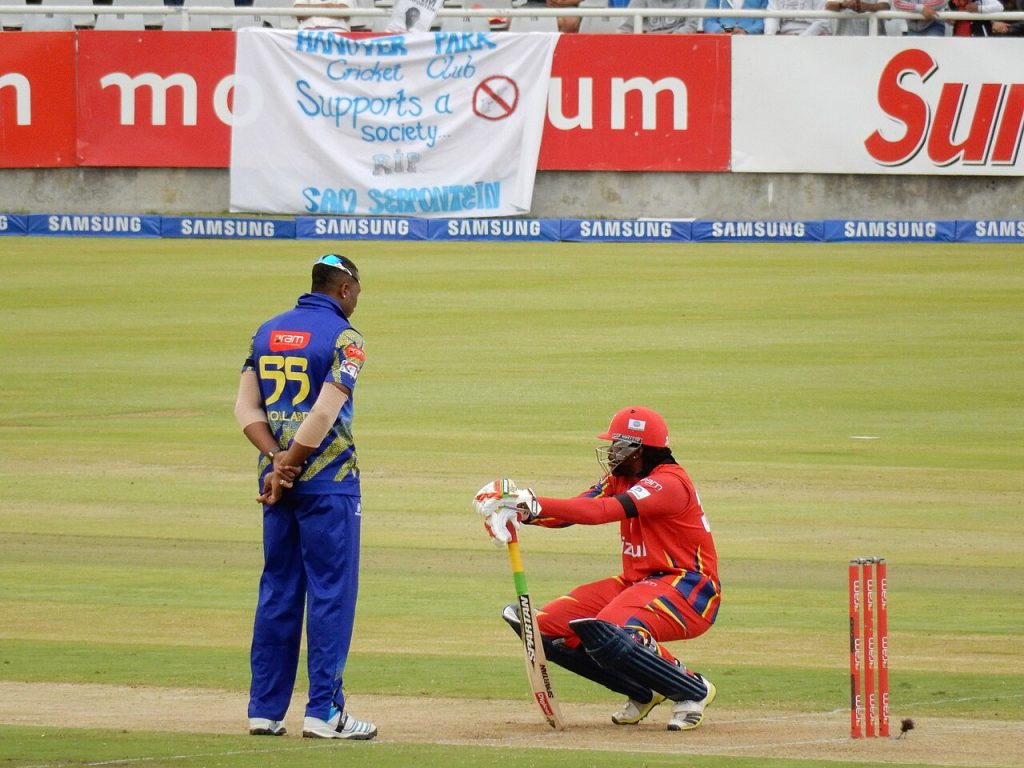
Photo Credit: Bob Walker, CC BY-SA 2.0, via Wikimedia Commons
12. Cricket is a Cultural Phenomenon in the Caribbean
Cricket is more than just a sport in the Caribbean; it’s a cultural phenomenon. Matches often feature vibrant music, dancing and a carnival-like atmosphere, reflecting the region’s joyous and festive spirit.
13. Jamaica’s Courtney Walsh Holds a Milestone in Test Cricket
Courtney Walsh, from Jamaica, was the first bowler to reach 500 wickets in Test cricket on March 19, 2001. His endurance and skill over a long career made him one of the most respected figures in the game.
14. The Sabina Park Pitch in Jamaica is Iconic
Sabina Park in Kingston, Jamaica, is one of the most iconic cricket grounds in the Caribbean. Known for its lively pitch and passionate crowds, it has hosted many memorable matches and individual performances.
15. Women Play a Major Role in Caribbean Cricket
Women’s cricket in the Caribbean has grown significantly, with players like Stafanie Taylor and Deandra Dottin leading the way. The West Indies women’s team won the ICC Women’s T20 World Cup in 2016, defeating Australia by eight wickets and showcasing their talent and determination.
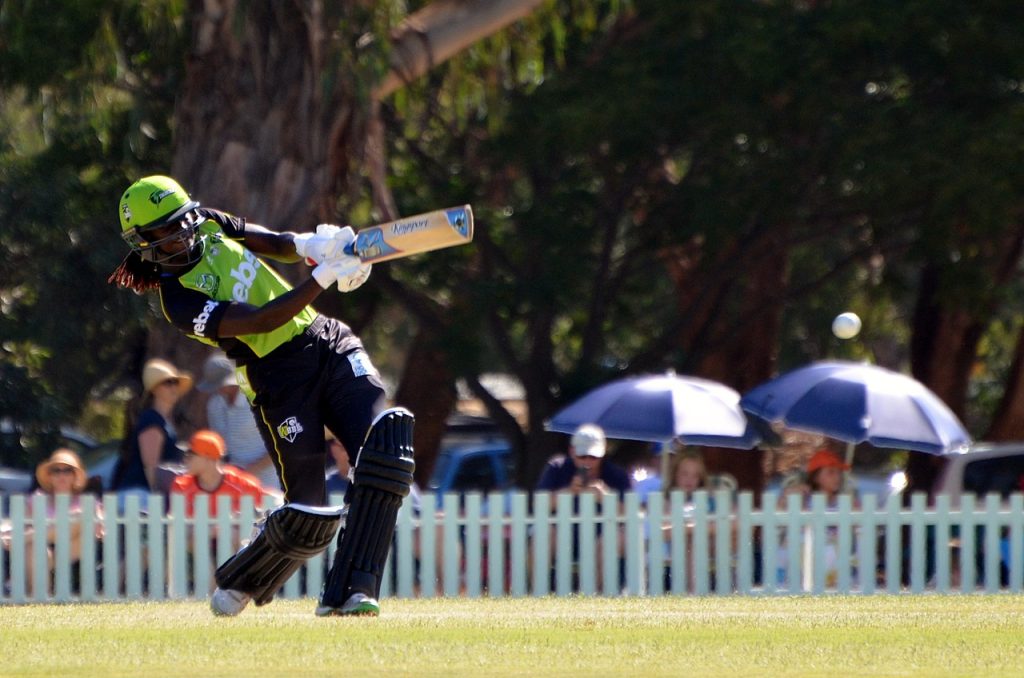
Photo Credit: Bahnfrend, CC BY-SA 4.0, via Wikimedia Commons
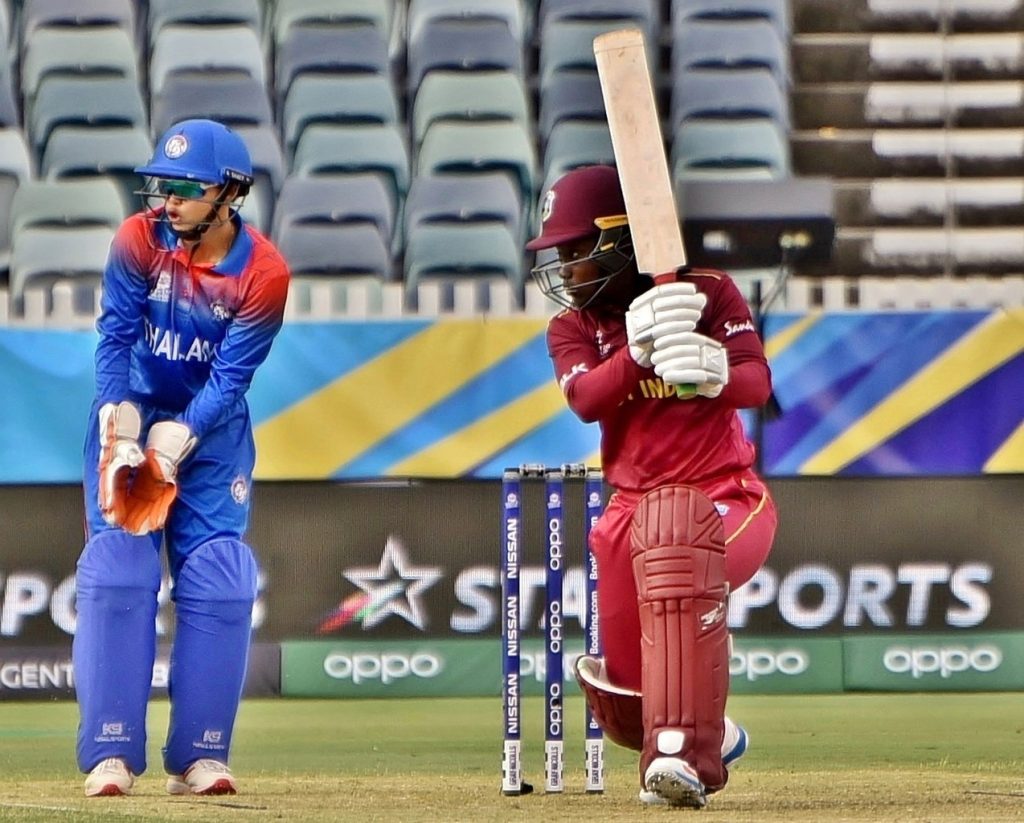
Photo Credit: Bahnfrend, CC BY-SA 4.0, via Wikimedia Commons
16. Guyana’s Rohan Kanhai Was Known for Elegance
Rohan Kanhai, from Guyana, was known for his elegant batting and innovative stroke play. His performances in the 1960s and 1970s earned him a reputation as one of the finest batsmen of his era.
17. Cricket Has Brought Unity to the Caribbean
Cricket has played a crucial role in fostering unity among Caribbean nations. The collective identity of the West Indies team has helped bridge cultural and political divides, promoting a sense of shared heritage and pride.
18. Barbados’ Kemar Roach Brings Speed and Skill
Kemar Roach, from Barbados, is one of the leading fast bowlers in contemporary cricket. His ability to bowl at high speeds with precision has made him a vital part of the West Indies team.
19. Antigua’s Sir Curtly Ambrose Was a Devastating Fast-Bowler
Sir Curtly Ambrose, from Antigua and Barbuda, is remembered for his towering presence and devastating fast bowling. His ability to consistently take wickets made him one of the most feared bowlers of his time.
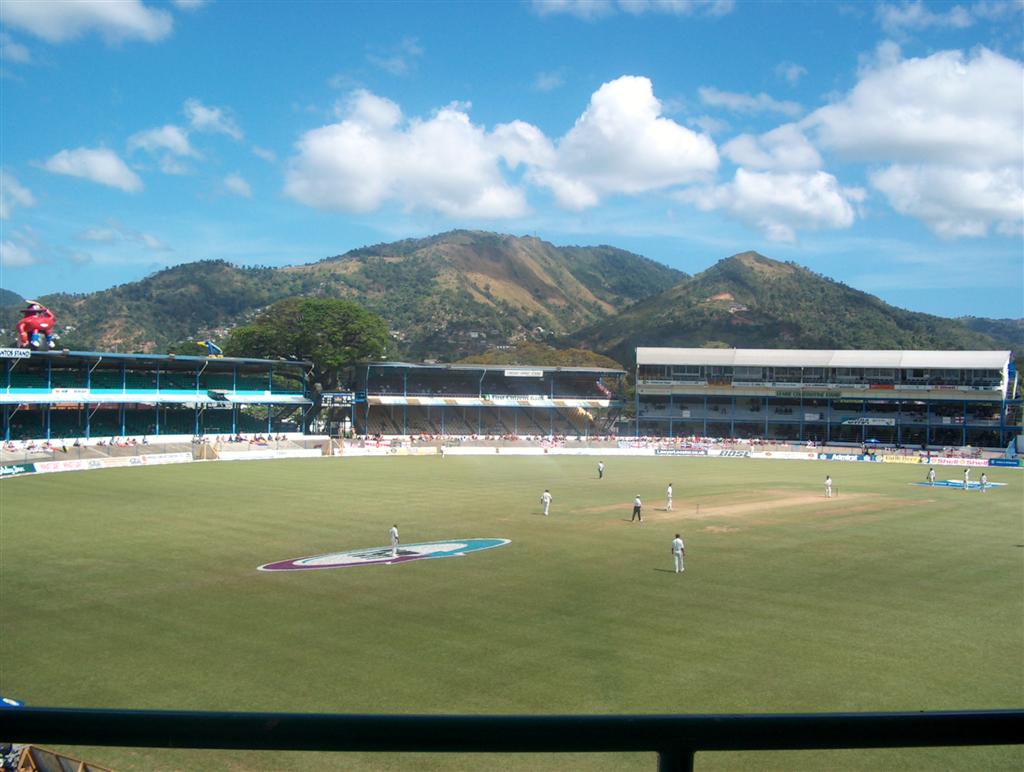
Photo Credit: Dominic Sayers from London, England, CC BY 2.0, via Wikimedia Commons
20. The Spirit of Caribbean Cricket is a Phenomenal Spectacle
The Caribbean’s approach to cricket is characterized by a blend of competitiveness and camaraderie. The players’ flair and passion, combined with the fans’ enthusiasm, make cricket in the Caribbean a truly unique and entertaining spectacle.






























